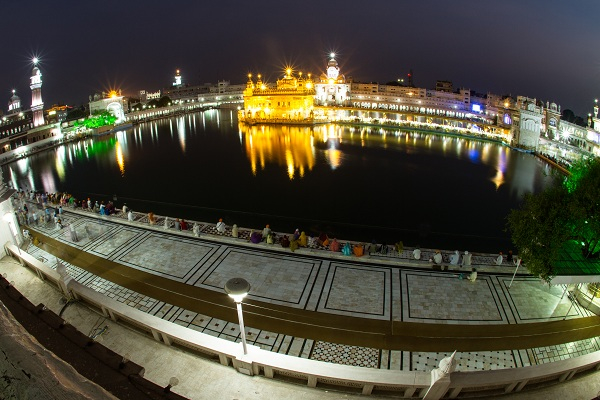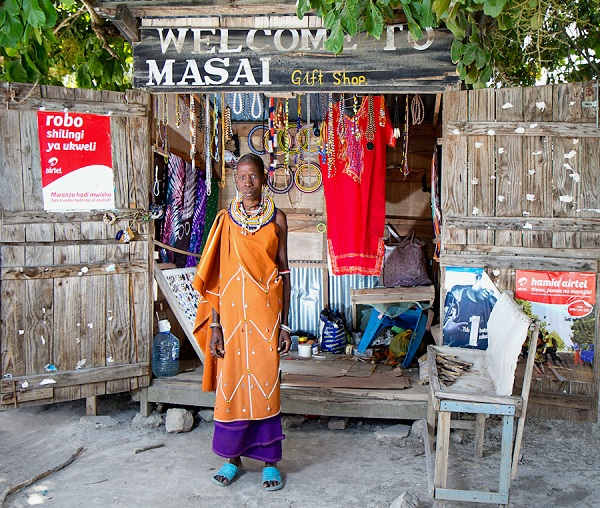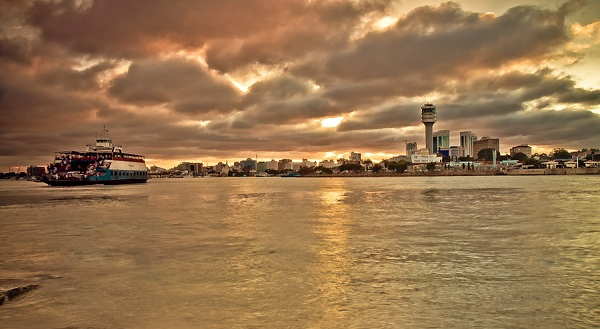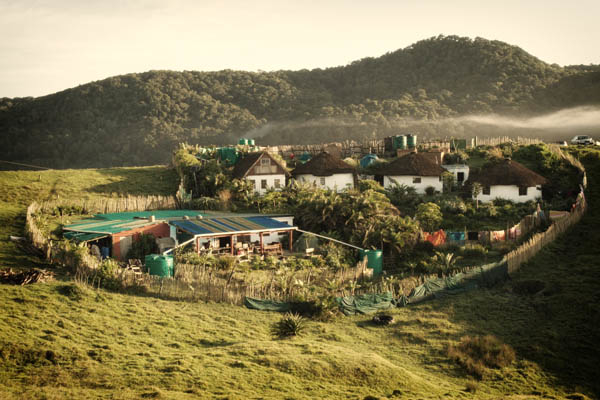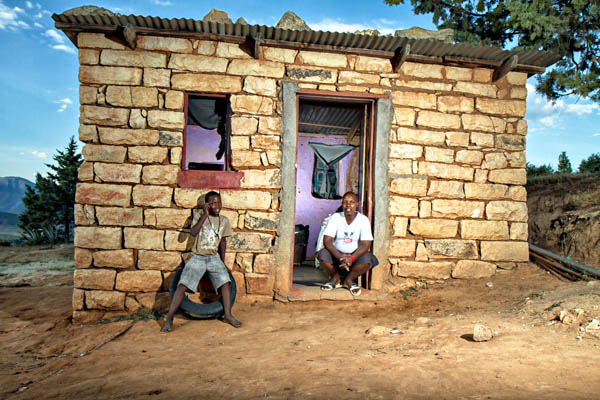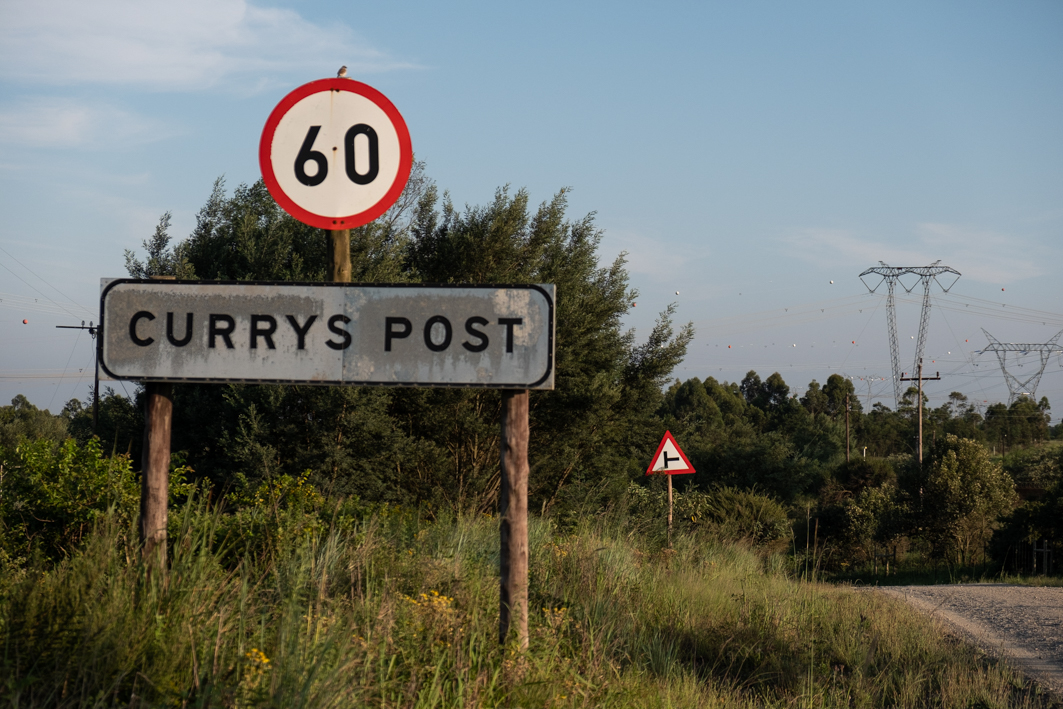While accommodation can be one of the hardest parts of planning an assignment, there are fortunately wonderful resources available to travellers today. The most important is a guide book, or what I fondly call the “The Travellers’ Bible”. There are many of them on the market, and I prefer Bradt when in Africa and Lonely Planet in Asia. With technology growing at an alarming rate, it’s also been made a little easier. You can now download these guides onto your desktop, smart phone or tablet and we don’t have to schlep the heavy books around anymore.
The next helpful thing when travelling with internet connectivity is the forums that many guides have on their websites. They are usually helpful and up to date, although for my part, they don’t contain the kind of info I need. I don’t really need to know where the best party in Laos is! The trick is to find the discussions and topics that are relevant to you amidst all the conversations.
Wikipedia has also started a site called Wikitravel. I know many people are going to say right away that Wikipedia is not the most reliable source on the internet, but Wikitravel is written by travellers on location. You can also add something if you don’t agree with the author. Wikitravel, in fact, is usually the first place I go to get a feel for a destination when I have a new assignment. There’s a lot of info, and the best part of it is the hotels’ websites and email addresses. This gets my planning going as the prices and facilities are quite up to date.
Then, no preparation would be complete without spending some time on Mapcarta and Google Earth!
I always try to have some kind of accommodation arranged when I arrive somewhere – just to make sure I know where to direct the taxi driver, and that I have a bed to sleep in. I’ve found that if you waste a lot of time looking for places when you’re tired, the taxi drivers take advantage of you. You might end up in a hotel all by yourself thinking you’ve found a bargain, only to find out the next morning that it’s a brothel and you have to leave before they open for business! Not the best experience to have on the road.
As a rule, I don’t stay in luxury accommodation – for a few reasons. I want to be able to take photographs of the local people, and I’ve found that they think you’re a rich tourist if you stay at luxury hotels and the like. They don’t like that, considering they’re often struggling to survive.
Also, I don’t judge a place by their rating. A 3 star establishment in South Africa and a three star establishment in rural Africa or Asia aren’t the same thing. You can’t even compare them, in fact. I just want to stay in a place that’s easy to work from and has friendly staff.
I have slept in a few unusual places in my life, ranging from police-prison cells, trains, busses, cars and boats to hammocks, my faithful tent and the floor of a hut. The list goes on and is too long to publish. A good tip, then, is to go and look for a missionary rather than going to the police station. Police are alert nowadays, and they don’t want strangers in their stations – particularly a stranger with a lot of luggage. Missionaries are more welcoming. They may be more understanding of your predicament, and offer you a place to stay for the night. Some will try to save your soul, which is not the worst price to pay for a bed and a roof over your head.
What apps and websites do you use while travelling? Tell us in the comments below.
